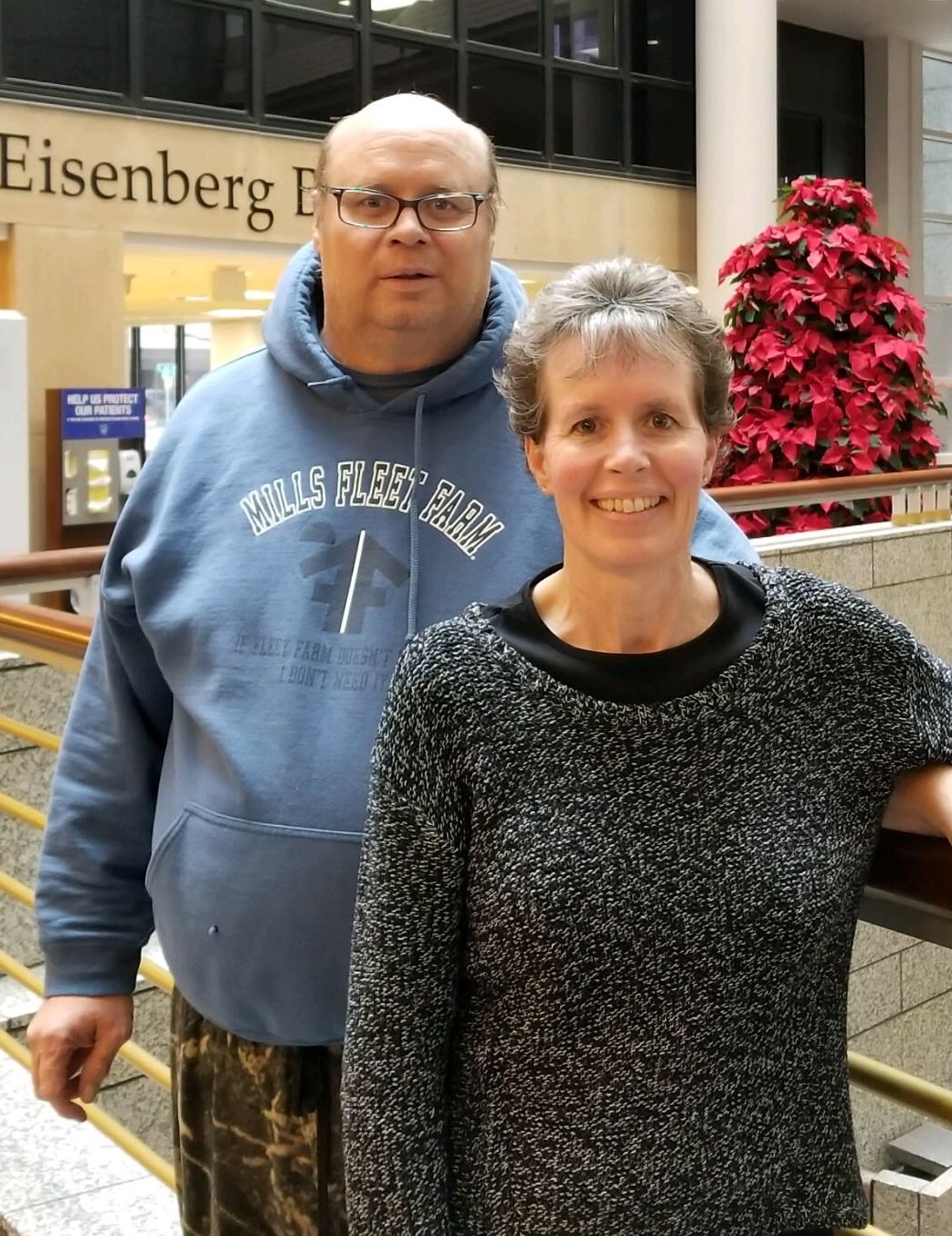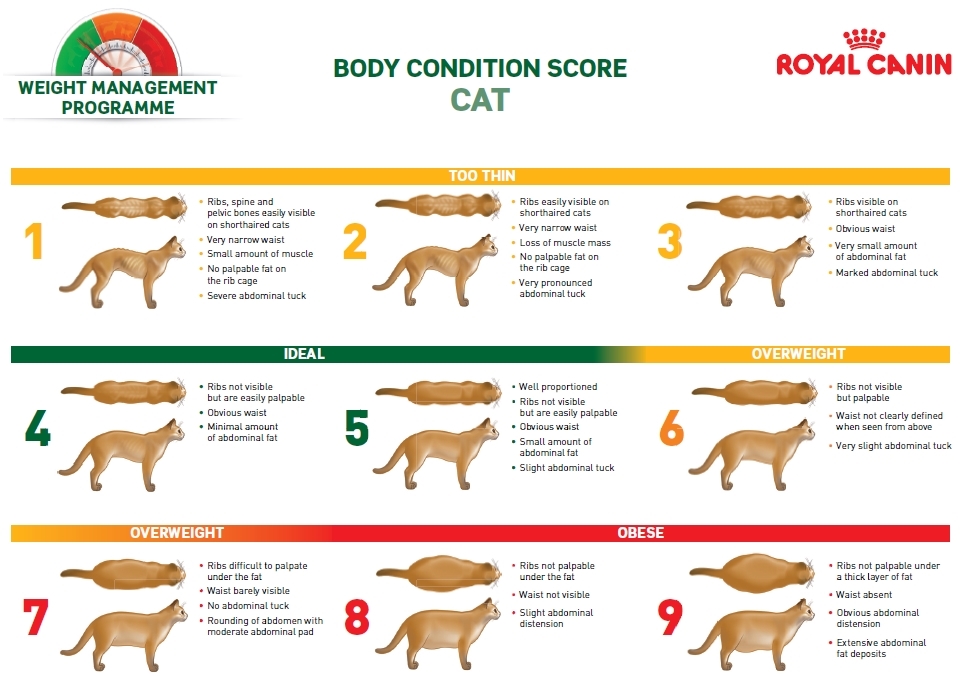Each February and September the IVMA (Iowa Veterinary Medical Association) invites veterinarians to attend their conferences. These conferences are held either at Iowa State University at the Scheman building or at Prairie Meadows Conference Center in Altoona. On Valentine’s Day, I attended the 2nd day of speakers and visited the booths of many of the companies that sell animal products from surgical to medical to dietary items. It is also a time we can share ideas and renew friendships with other veterinarians that attend the conference. New techniques and ideas are shared by speakers that come from all over the USA. Dialogue is encouraged during the sessions to enhance the learning opportunity for everyone.
I did not expect to attend a session that resonated with me so soundly. However, the sessions I attended were on the topic of Chronic Kidney disease (CKD) and how it is affected by other diseases. I have my own personal experience with CKD that I will detail to come. We learned about how important it is to screen for these different diseases early in our pets to allow a longer and better life. The take away is that kidney disease is something that cannot be detected on physical exam. Laboratory work is necessary to screen for this devastating disease. Dr Greg Grauer indicated that these tests are best performed annually so comparisons can be made from one year to the next. If elevations are noted this may be a cause for concerns even if we are still in the normal range.
The second session I attended by Dr. Grauer began by sharing some statistics of human kidney disease. I question if he was prompting veterinarians to “Go to the Doctor.” We should be more aware than the general population that these diseases cannot be found on physical exam. We should be keeping our diet and exercise in check to prevent obesity which is one of the leading causes of diabetes and high blood pressure. Diabetes and high blood pressure are common causes of CKD.
 This topic of human CKD is very familiar to me. My younger brother was diagnosed suddenly with CKD in the spring of 2017. He was totally unaware of any issues before his diagnosis. The process he went through at Mayo in Rochester determined he was transplant eligible. They never gave him a definitive cause for his CKD. They recognized he did have high blood pressure. He had taken numerous allowable doses of Advil when in pain. He had a kidney stone a few years prior that may have caused a stricture in his ureter. He was born prematurely in 1965 and maybe had some damage early on. Whatever the cause he now was faced with changing his lifestyle while waiting for a possible donor. He was given strict dietary measures to reduce damage to the remaining kidney function. He was told to lose weight. He was placed on medications to lower his blood pressure. He made frequent trips to Mayo to monitor his blood levels while waiting to see if a donor could be found. They prefer to keep transplant recipients off dialysis, if possible, before transplant. This is a fragile time line.
This topic of human CKD is very familiar to me. My younger brother was diagnosed suddenly with CKD in the spring of 2017. He was totally unaware of any issues before his diagnosis. The process he went through at Mayo in Rochester determined he was transplant eligible. They never gave him a definitive cause for his CKD. They recognized he did have high blood pressure. He had taken numerous allowable doses of Advil when in pain. He had a kidney stone a few years prior that may have caused a stricture in his ureter. He was born prematurely in 1965 and maybe had some damage early on. Whatever the cause he now was faced with changing his lifestyle while waiting for a possible donor. He was given strict dietary measures to reduce damage to the remaining kidney function. He was told to lose weight. He was placed on medications to lower his blood pressure. He made frequent trips to Mayo to monitor his blood levels while waiting to see if a donor could be found. They prefer to keep transplant recipients off dialysis, if possible, before transplant. This is a fragile time line.
Myself and my 2 sisters were willing to be tested to see if we could possibly be donors. The first step is an online questionnaire. Both of my sisters were not allowed to continue the questions related to health concerns of their own. I completed the survey and submitted it and later found out that I had passed the first step. They sent me a laboratory test kit to have blood drawn at a local facility to see if our blood types were compatible. Siblings can have very different blood types. It turned out that my brother and I were considered a “perfect match.” This indicates that we have the same blood type which is crucial. Yet to be a perfect match the other 6 subcategories need to match up as well. We were 6 for 6. They will do transplants with 3 or 4 subcategories of the 6 matching up. When these subcategories match up it may allow for less rejection medications and better opportunity for the kidney to live a long and natural life within my brother. The doctors at Mayo indicated that 52 years ago they had another sibling donor-recipient transplant that was a perfect match and both are still doing great.
In January of 2018, I spent 3 days in Rochester going through evaluations of my physical and mental health. I had my own transplant team that supported me through the process. If at any time I determined that this was something that I did not want to do, all I had to say was I have decided I do not want to do this and it would be over. They told me that even the day of surgery I could back out. They reminded me numerous times that I did not need to do this. They asked me numerous times, “Why are you doing this?” They gave me all the statistics from the successes to the potential failures. They presented the “What if’s?” What if my kidney is rejected? What if my brother does not take care of the kidney that I have given him? What if my family does not want me to do this? What if something unforeseen happens to you or your brother? It was almost as if they were trying to talk me out of doing this procedure. I guess in a way they were preparing me for anything and everything. It was only a few weeks and I received a call that I had passed and was able to be a donor for my brother. I waited to tell him so I could contact all my children and share the news with them first. I then made a trip north to let him know that I would love to be his donor.
November 21, 2018 was the date set to do the transplant. They would first operate on me and then soon after place the kidney into my brother. Both of my kidneys were healthy and so the left kidney would be removed. I would have two incisions for instruments on the left side about 1 inch in length and one lower horizontal incision about 3-4 inches to remove the kidney. There were 15 family members present in the waiting room supporting both my brother and I. We had prayers from more people than I can name during that entire procedure and recovery period. My kidney was placed within my brother and started working very quickly. The family would get updated text messages from the OR as things were happening. I am happy to report that my brother and myself are doing extremely well. I received a “Donor Diploma” from Mayo that I am proud to own. I am hoping that by sharing this experience it may encourage others to consider being a living donor. I did this for my “baby brother” because I could not bear to see him restricted from living the life he was meant to live. Mayo hospitals perform these procedures multiple times in a year and have high success rates for both donors and recipients post-operatively.
CDK issues occur in our fur babies as well. Transplants and dialysis are currently not an option. Obesity in pets is at an all-time high. We feel that if we love our pets, we should shower them with treats, chews, pet food, people food, etc. This is not the way to show love. Love needs to be shown through time spent with your pets by playing games and offering lots of tender loving care. Our pets will most definitely eat whatever is offered to them but I would encourage you to instead get out their leash or ball or both and go outside. The exercise will not only be great for them but also yourself. During our long cold winters, it is hard to spend time outdoors with our pets. I would challenge you to sign up for a class at the local dog training facility. Take a trip to a pet store to walk around and meet other pets and people. It is amazing how exhausted our fur babies can become when their mind is stimulated with new activities. Some hardware and home builder businesses allow dogs on leash to shop with their owners. Take them to doggy daycare for a day and see how tired they are when they come home. If the sun is shining and the wind is not blowing take a walk outdoors and be sure to wash off their feet when you come back inside. Some ice melt products can cause an irritation to the pads of our dogs. Strive to keep your pets body condition score at a 4 or 5. This will help them live a much longer and happier life.
If you know of anyone in need of a kidney and you have wondered if you could be a donor, do not hesitate to find out. I was told the oldest living donor Mayo has had was in his early 70‘s. My brothers insurance covered all medical costs associated with the transplant. There are grants and tax deductions available for out of pocket expenses not covered by insurance for living donors and recipients. My only restriction after surgery was no lifting of 10# or more for 4-6 weeks. I returned to work the day after Christmas and have been doing great. I expect to live a long and healthy life with my one kidney. I pray that my brother will be able to do the same. Either way I have no regrets. If being a living donor is not for you then at least consider being an organ donor after your death. The number of lives that you can impact after your death by organ donation is amazing as well. It is easy to have “organ donor” added to your driver’s license. Anyone can be a donor now or later.
If you are wondering if your pet should be screened for CKD or other health risks speak with your veterinarian. Most cats over 10 years of age and dogs over 8 years of age are considered senior pets. Starting laboratory testing at this time will offer a baseline for your pet’s future. Early intervention in the face of these diseases can offer added years with your fur baby.

